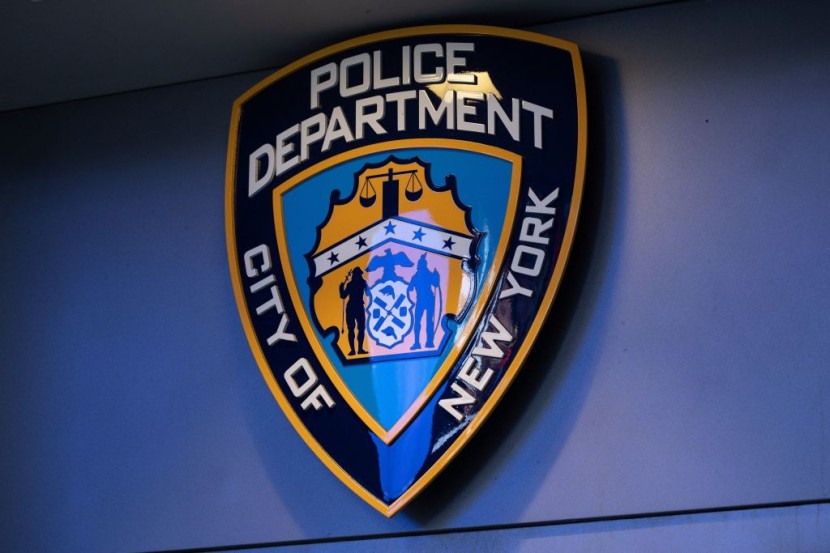More information on the New York Police Department's (NYPD) proposal to encrypt its radio communications system has been announced, and the agency is now receiving significant criticism for what experts say would be a reduction in accountability and transparency.
According to Gothamist, NYPD radio frequencies have been open to the public since 1932, enabling citizens and journalists to hear police discussions. Now, the NYPD will be encrypting its radio channels.
Chicago and Denver are among the cities in the United States where police radio encryption is currently under progress.
Ten precincts have either completely disabled or encrypted their radio equipment since last July. The full transition to an encrypted radio system is scheduled to be finished by December and will cost about $400 million.
Public radio stations, according to encryption naysayers, are essential for journalistic freedom, public safety, and police accountability.

Press Freedom, Police Transparency
Concerned citizens have labeled the proposed encryption a "disturbing attack on transparency and public oversight of the police," according to Albert Fox Cahn, who heads the civil rights group Surveillance Technology Oversight Project (STOP) in New York.
"Radio monitoring is one of the few ways that we can get an unfiltered look at how the NYPD is policing," Cahn said in a report by The Guardian.
According to Cahn, the press has learned of many deaths involving police after listening to their radio transmissions.
The video of the 2014 shooting death of Eric Garner by a New York City police officer was acquired via a call on the police radio, as reported by Gothamist. As a result of police radio transmissions, the 1999 and 2006 police shootings of Amadou Diallo and Sean Bell were later verified.
"Without public radio, we will simply be at the mercy of police to tell us when they killed someone. There'll be no one else who knows," Cahn added.
Proponents of press freedom have also contended that the NYPD will have too much control over what is deemed news if police radios are encrypted, as journalists would no longer be able to report or cover police misconduct appropriately.
Public Safety
The safety of the public during citywide crises and big events also depends on the people's ability to listen to the radio.
Todd Maisel, founder of the New York Media Consortium, a coalition of eight media groups opposed to radio encryption, said he was able to keep the public informed about public safety during Hurricane Sandy in 2012 by listening to the police radio.
Having access to police radio also helped keep protesters safe during the 2020 George Floyd demonstrations in New York, according to Daniel Schwarz, a senior privacy and technology consultant with the New York Civil Liberties Union.
Protesters relied on the radio to stay informed on police responses and, at times, to escape potentially deadly situations, Schwarz said.
© 2026 HNGN, All rights reserved. Do not reproduce without permission.








